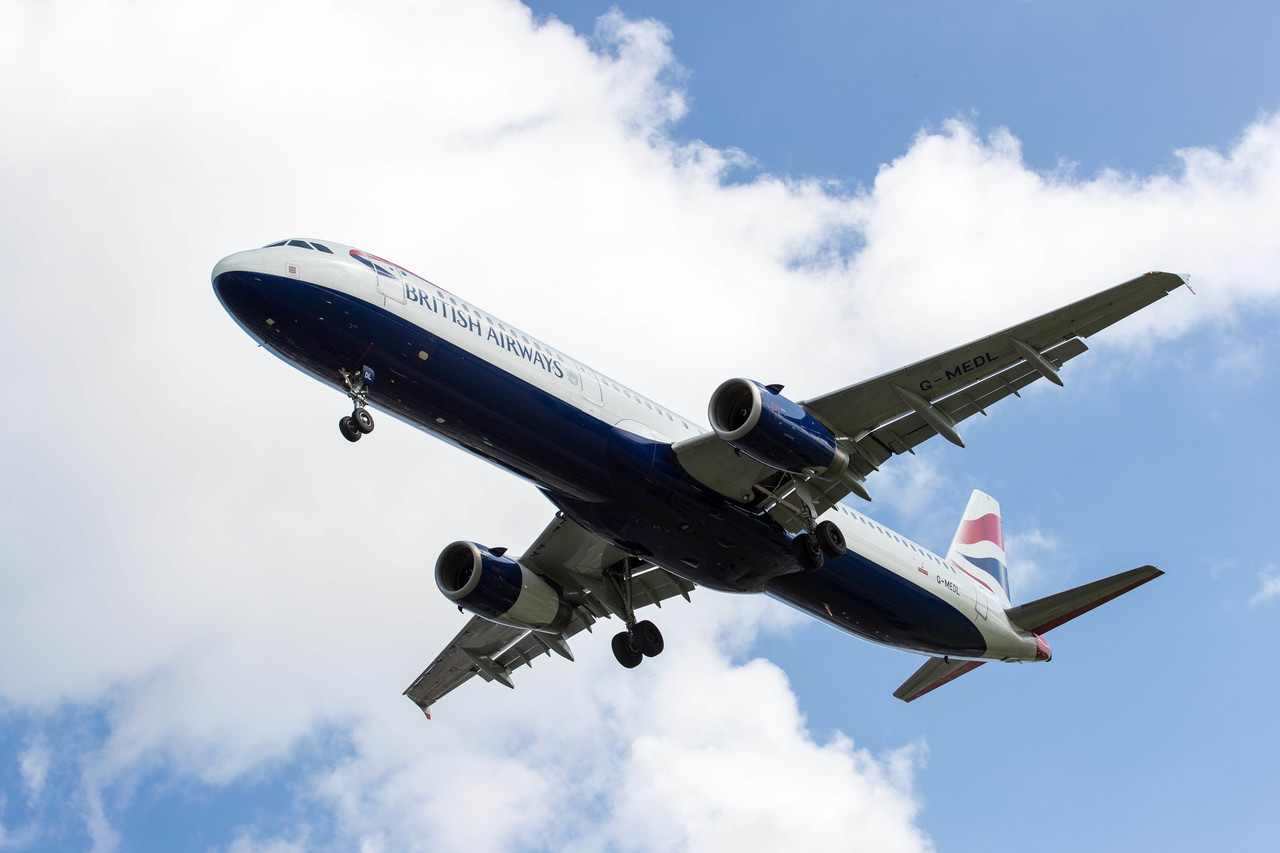INTERNATIONAL. Airports Council International (ACI) Europe and the International Air Transport Association (IATA) have come together to call for all remaining COVID restrictions applying to intra-EU and Schengen area travel to be dropped. This includes all testing requirements, the need to present proof of vaccination, or complete a Passenger Locator Form (PLF).
Further, their missive includes demands to drop compulsory mask-wearing for travel within or between states where it is no longer required in other indoor environments.
A joint statement from the companies said that COVID-19, and specifically the Omicron variant, is now pervasive throughout all of Europe, and population immunity is at such levels that the risk of hospitalisation or death has dramatically reduced, especially for vaccinated people.

States are adopting surveillance strategies to ensure public health, the trade bodies noted, in the same way as they do for other coronaviruses and infectious diseases.
ACI and IATA also observed that European states have lifted domestic COVID restrictions, such as the need to provide health credentials to enter social events, or the requirement to wear masks in public spaces.
“The time has come to focus their COVID efforts on surveillance and remove remaining intra-EU restrictions. This will free people to travel, and support jobs returning to the European air transport and travel sectors” – IATA Regional Vice President for Europe Rafael Schvartzman
Contact tracing efforts are also being stood down, they pointed out, rendering PLFs for international travel redundant. As European countries open up and remove restrictions, it is only logical to remove similar restrictions from air transport, they asserted.
The two organisations presented further evidence in support of aligning air transport rules with domestic regulations. New research by OXERA/Edge Health shows that even if a new variant is discovered and travel restrictions introduced immediately, this only delays the peak of infections by a maximum of only four days.

ACI Europe and IATA claimed that by the time that a new variant emerges, is identified, and restrictions are put in place, the variant is likely already circulating in communities around the world. In a scenario where restrictions are delayed by a week from identification, the peak in infections per 100,000 people is only delayed by a maximum of two days, they stated.
These negligible health benefits are therefore outweighed by the significant social and economic damage caused by the negative impact on air travel, the two organisations argued.
“Travel restrictions have proven to be a blunt instrument with little to no impact on virus transmission” – ACI Europe Director General Olivier Jankovec
IATA Regional Vice President for Europe Rafael Schvartzman said: “March 11 marks exactly two years since the World Heath Organisation announced COVID-19 was a global pandemic. In that time, we have seen increasing evidence that border restrictions are ineffective.
“The latest research from OXERA and Edge Health confirms that by the time a variant of concern is identified and restrictions are implemented, cross-border transmission will already have happened. Europe’s population immunity is strong and COVID-19 is essentially now an endemic disease.”
He added: “The time has come to focus their COVID efforts on surveillance and remove remaining intra-EU restrictions. This will free people to travel, and support jobs returning to the European air transport and travel sectors.”
ACI Europe Director General Olivier Jankovec said: “The independent research and modelling published today shows that governments can lift restrictions with confidence – both for today and for any future variants of concern. Travel restrictions have proven to be a blunt instrument with little to no impact on virus transmission.

“Removing all COVID-19 restrictions will finally fully restore the freedom to travel. That will be a much-needed boost for the whole travel and tourism sectors which has been forced to shed hundreds of thousands of jobs during the pandemic.”
In the light of the new research and increasing signs that the severity of COVID-19 is becoming closer to that of seasonal influenza in the view of the trade bodies, ACI Europe and IATA have written jointly to Ministers of Transport and Health throughout EU member states with a number of recommendations.
They include removing all health-related travel and border restrictions ahead of the summer season, at least on intra-EEA flights, specifically testing, contact tracing, and vaccine certificates; aligning the health restrictions applicable to aviation to those applied nationally, particularly with reference to mask mandates; and to allow those vaccinated with a WHO-approved vaccine to travel into the EEA from third countries with the same conditions as those passengers vaccinated with an EMA-approved vaccine.
ACI Europe and IATA have also reiterated in their letter what they consider to be the vital role played by the EU Digital Covid Certificate (DCC) in giving states the confidence to reopen borders and restart travel.
“We would like to use this opportunity to applaud the EU and Member States for the EU DCC development and implementation,” the letter said. “We strongly support the value of the EU DCC which will remain crucial, especially for European citizens traveling abroad as well as for third countries. Likewise, the EU DCC will be useful for the containment of eventual variants of concern and enhance industry resilience against future health outbreaks.”












